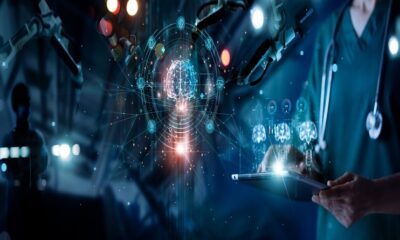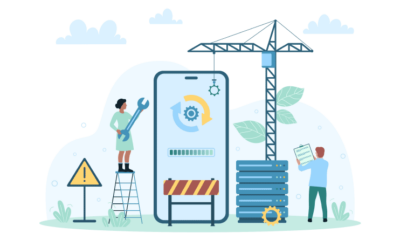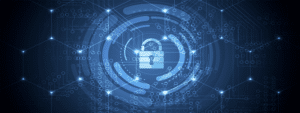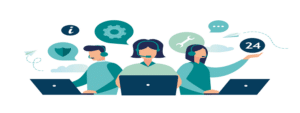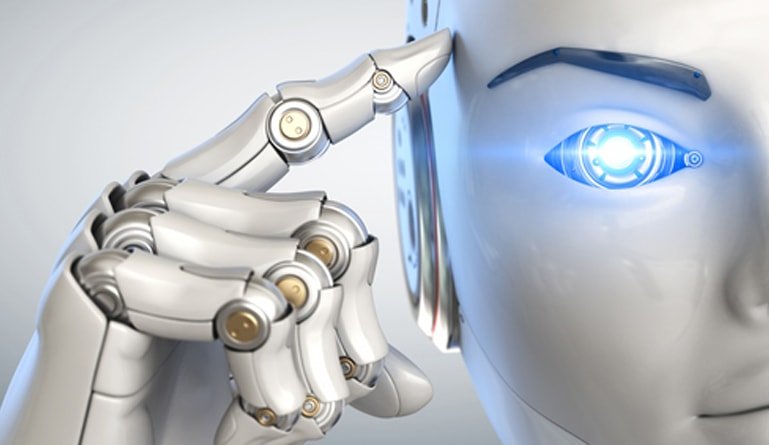
Artificial intelligence (AI) has been making a lot of noise lately – especially in the form of being the subject of warnings from high-profile individuals about its dangers.
Despite the latest innovations in artificial intelligence, Elon Musk, the billionaire inventor and Tesla chief executive, has warned, “We are rapidly headed towards digital super-intelligence that far exceeds any human.” He has said that AI could unleash “weapons of terror” and has compared its widespread adoption to “summoning the devil.”
The late world-renowned physicist Stephen Hawking said, “Success in creating effective AI, could be the biggest event in the history of our civilization. Or the worst. We just don’t know. So we cannot know if we will be infinitely helped by AI, or ignored by it and side-lined, or conceivably destroyed by it.”
Bill Gates, the billionaire Microsoft founder and global philanthropist, concurs with Hawking and Musk, writing during a Reddit Q&A session, “I am in the camp that is concerned about super-intelligence. First, the machines will do a lot of jobs for us and not be super intelligent. That should be positive if we manage it well. A few decades after that though the intelligence is strong enough to be a concern. I agree with Elon Musk and some others on this and don’t understand why some people are not concerned.”
Warnings aside, recent advances in artificial intelligence are not likely to lead to world-dominating machines any time soon. In fact, AI can be quite helpful to businesses, educational institutions, and everyday life.
Here is how some of the latest artificial intelligence applications are impacting society.
Speech recognition
If you use Apple’s Siri or Microsoft’s Cortana, then you’ve already interacted with AI; it’s a computer, not a real person, on the back-end of the phone or computer. Companies are implementing voice recognition and speech recognition software across their phone and internet-based customer service systems allowing people to interact with computers as if they were human.
Natural language generation
It’s one thing for people to talk to computers, but can computers talk to people and talk like people? That’s what developers of natural language generation software are trying to accomplish – create artificial intelligence that can generate text that reads with the same nuances of human speech.
Machine learning
Can computers learn in the same way people do—through trial and error, experience, and example? Developers of machine learning programs believe so. They are attempting to create programs that mimic the human learning experience so that machines can generate a body of knowledge that grows over time.
Decision management
The stereotype of machines as being capable of making a decision based firmly on data without any human emotions or relationship ties getting in the way is being put to the test. Developers are designing intelligent machines that make decisions based on logic and rules. Soon, these decision-making machines may be running major companies, military agencies, and government departments all by themselves.
Cyber defense
Humans, frankly, aren’t doing that great of a job keeping the world safe from cyber threats and cyber-attacks. Breaches are becoming harder to detect and defend against. But, chances are, automated computer machines systems may do a better job than humans at detecting and destroying threats to our data.
These are some of the biggest trends in artificial intelligence. How do you think your company will be affected by them?

